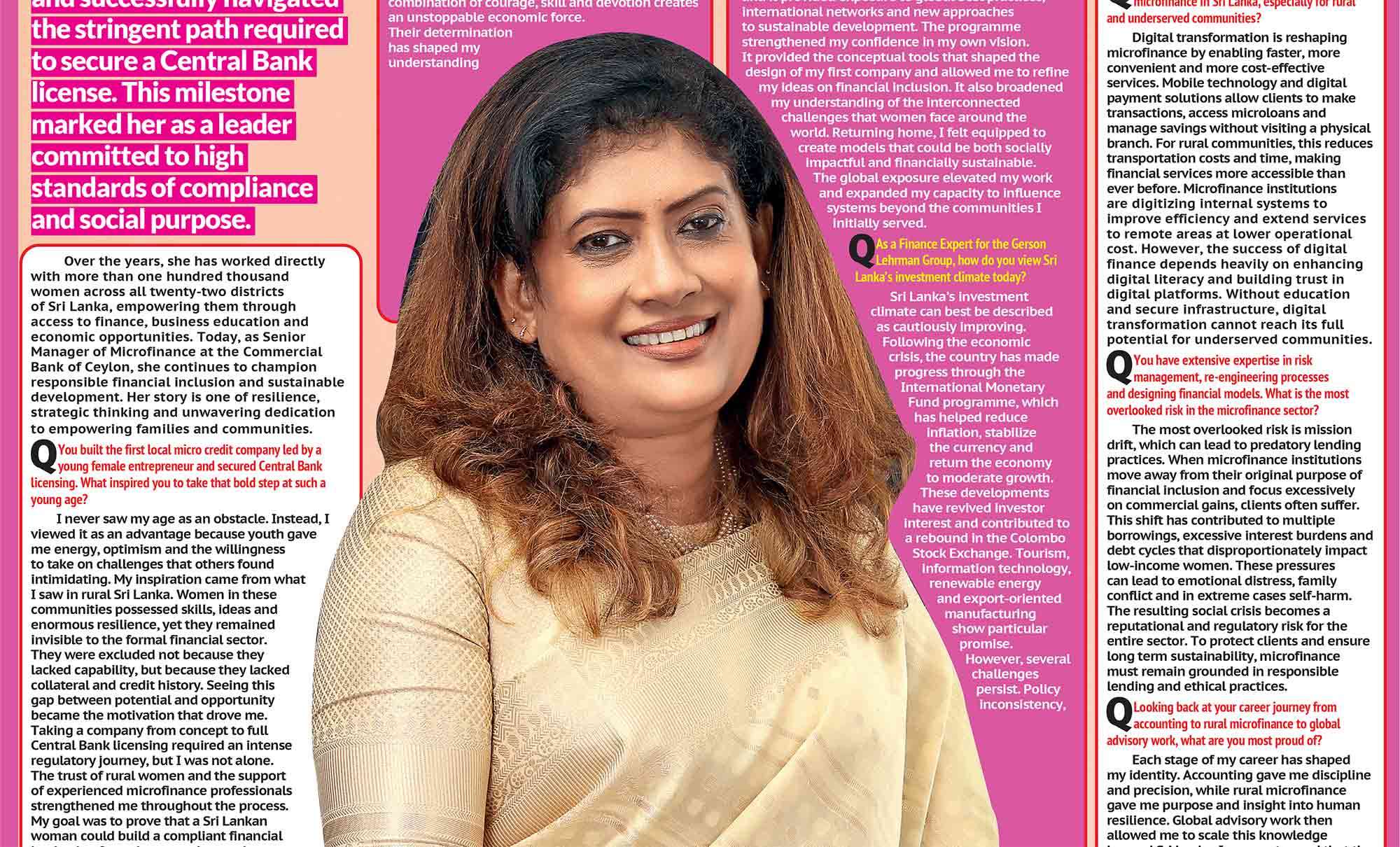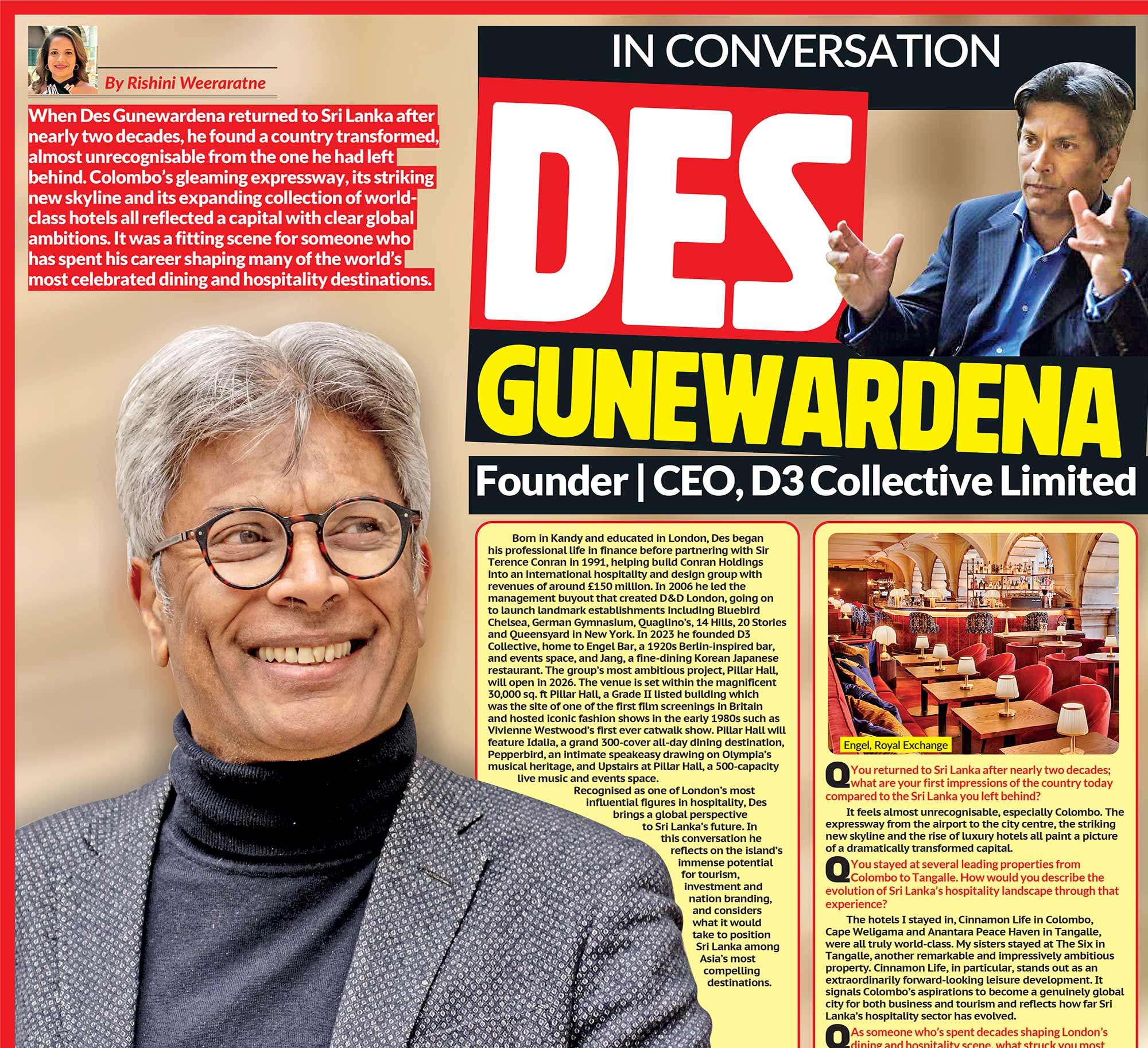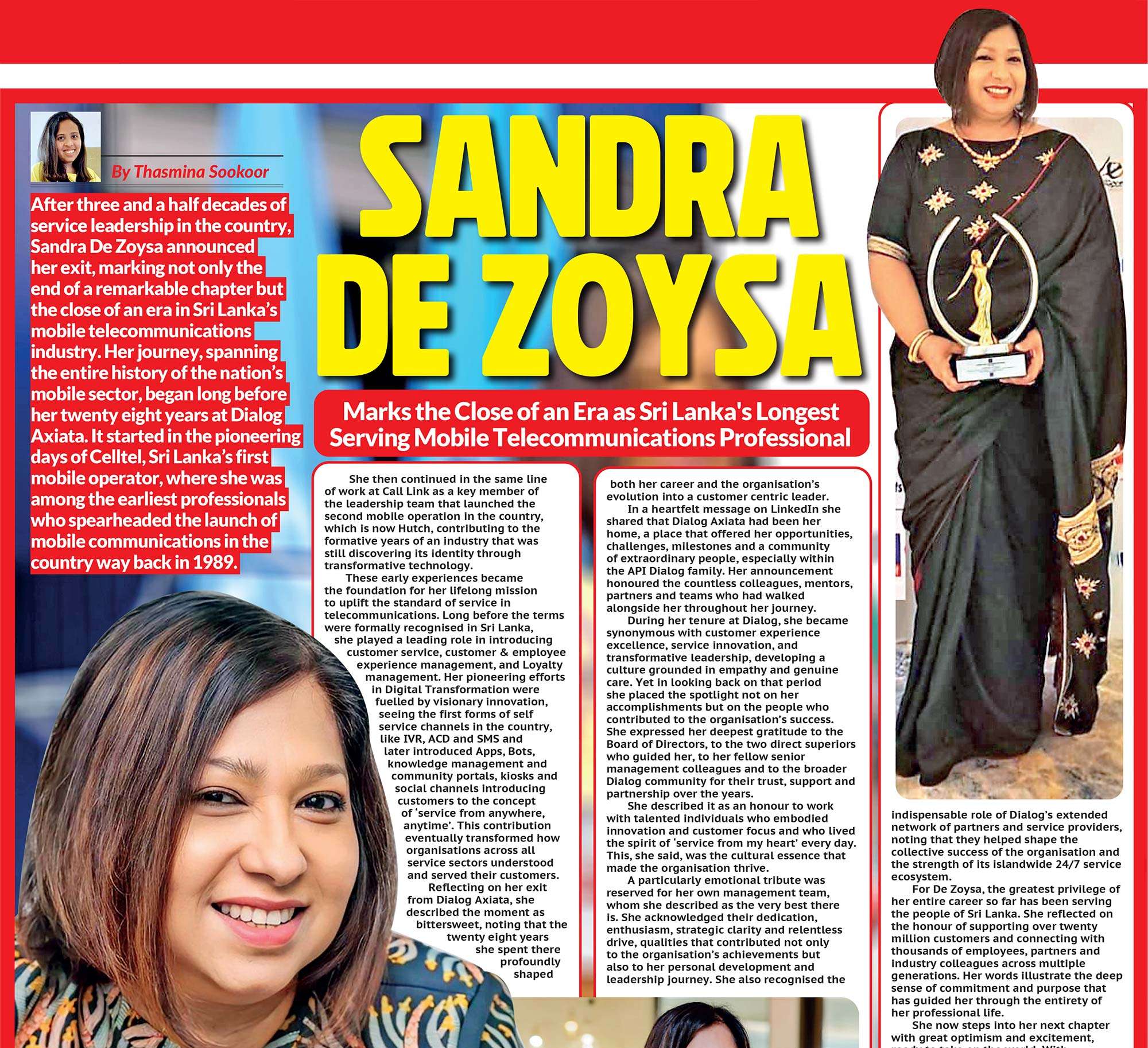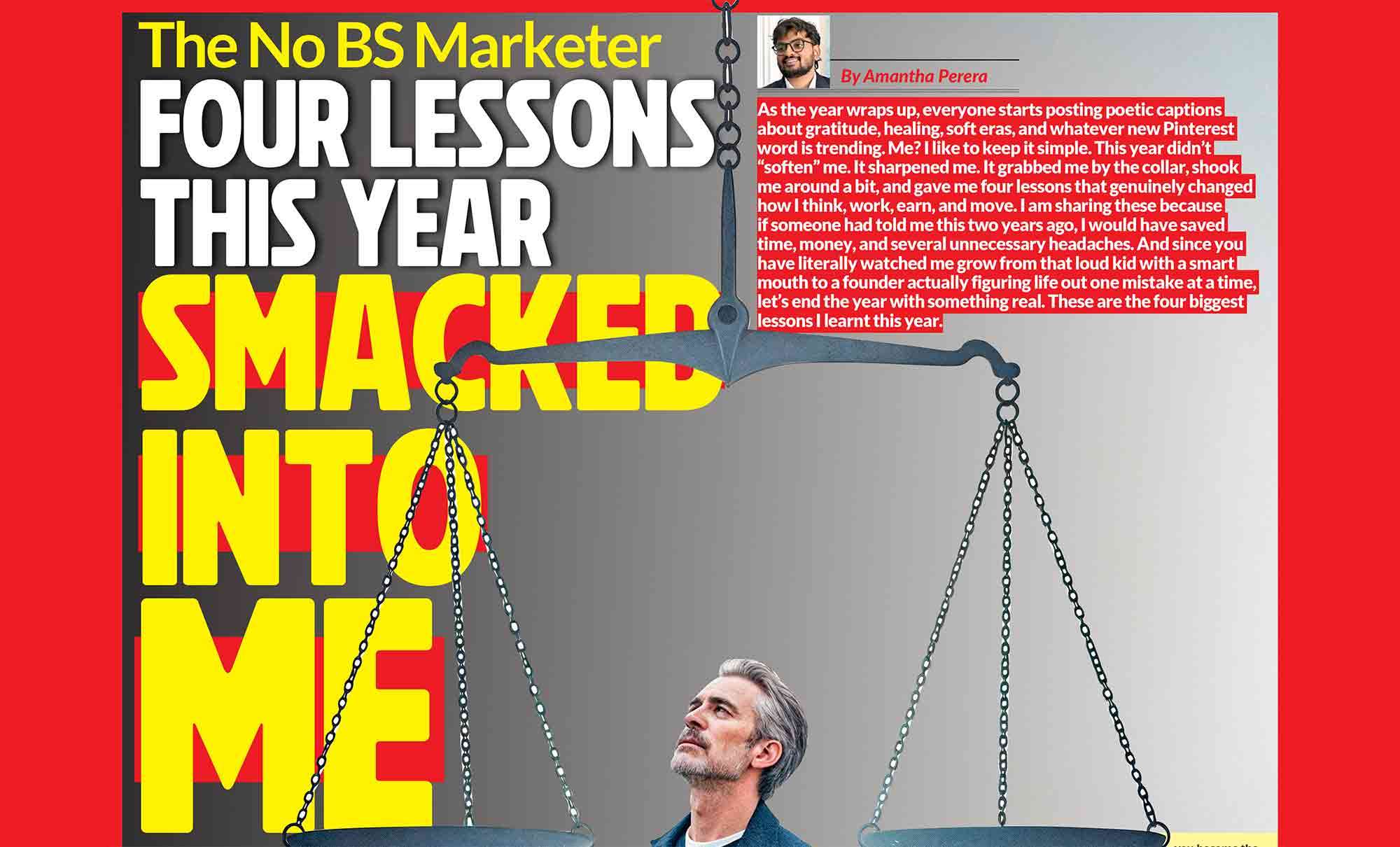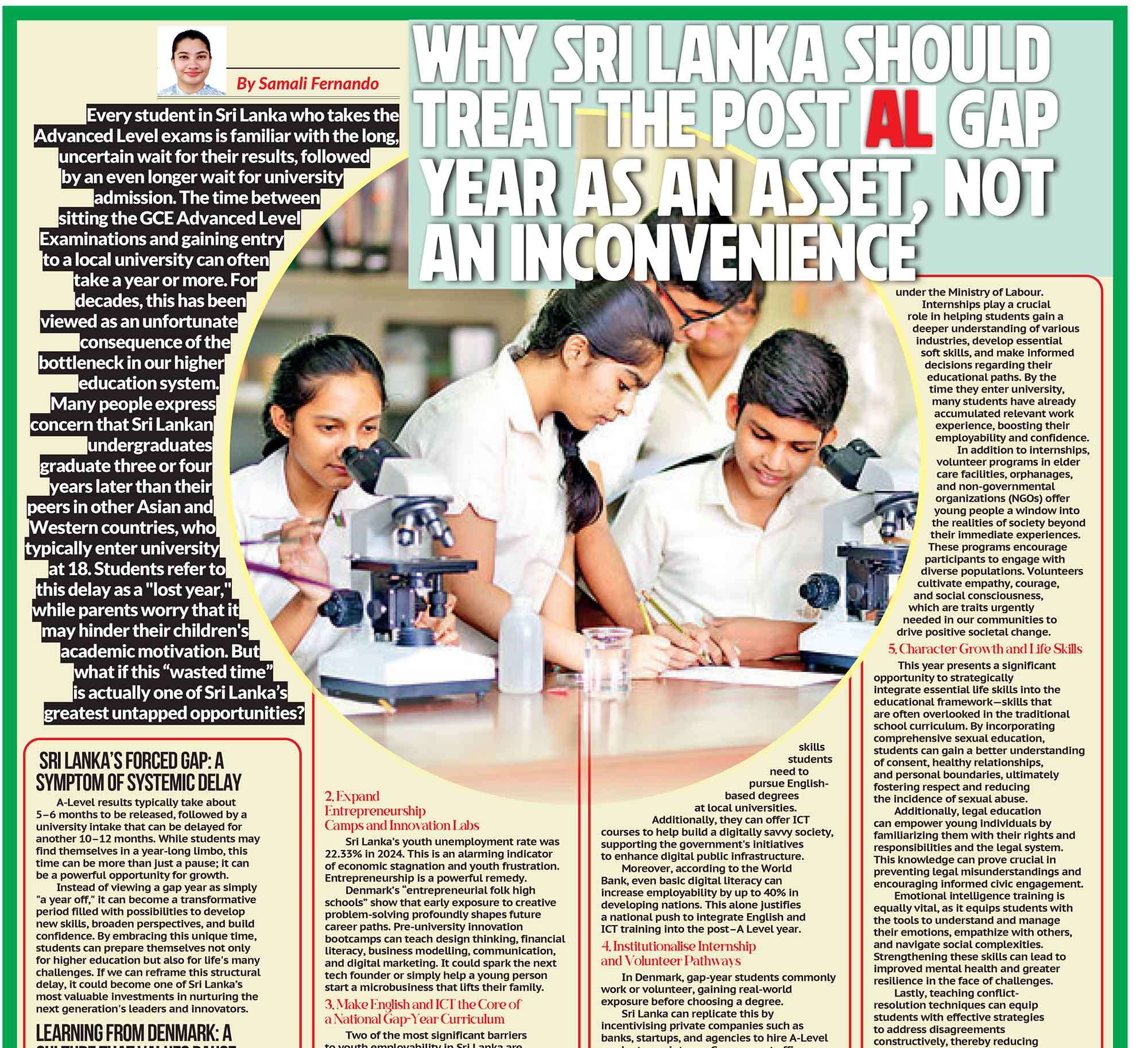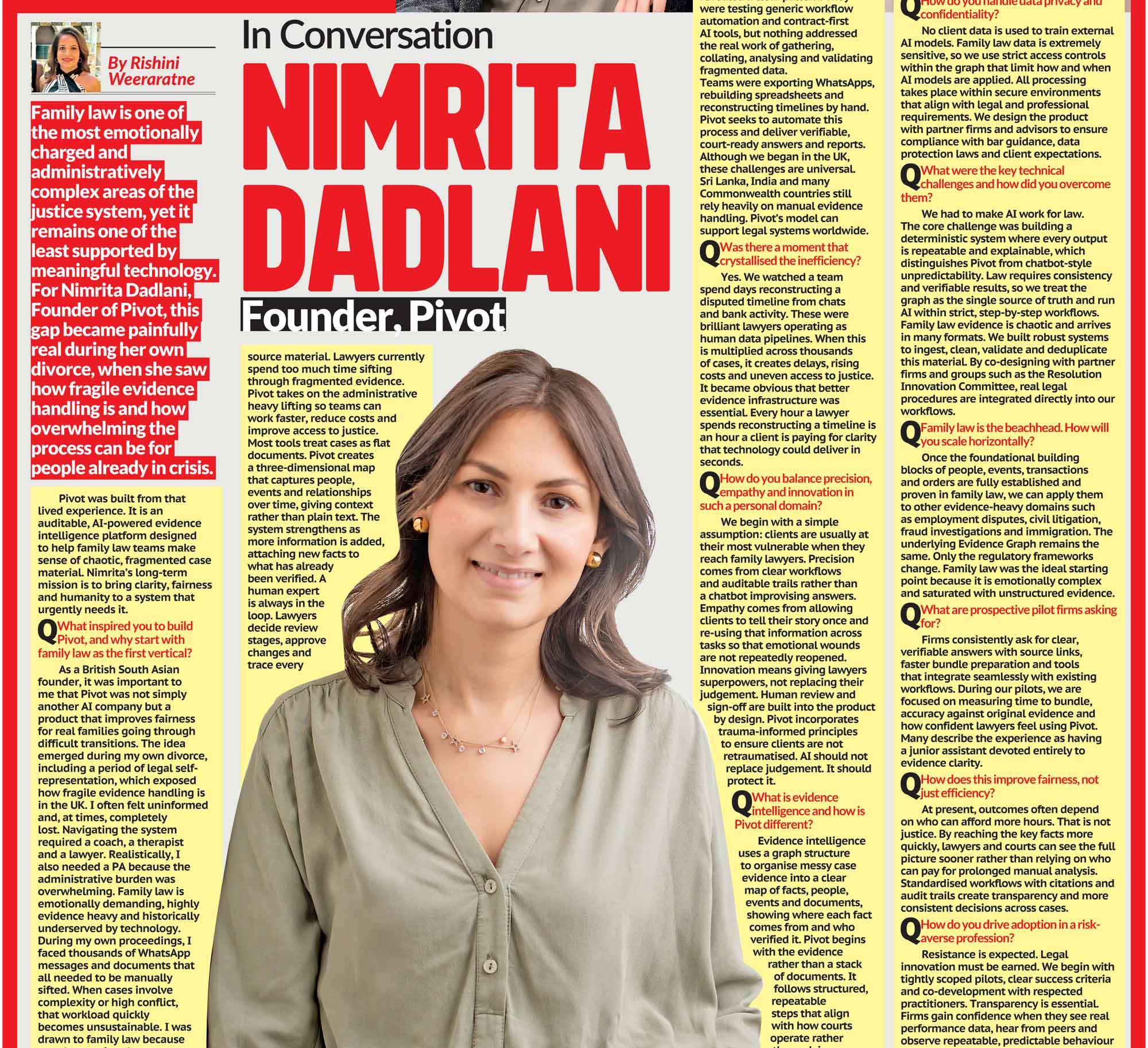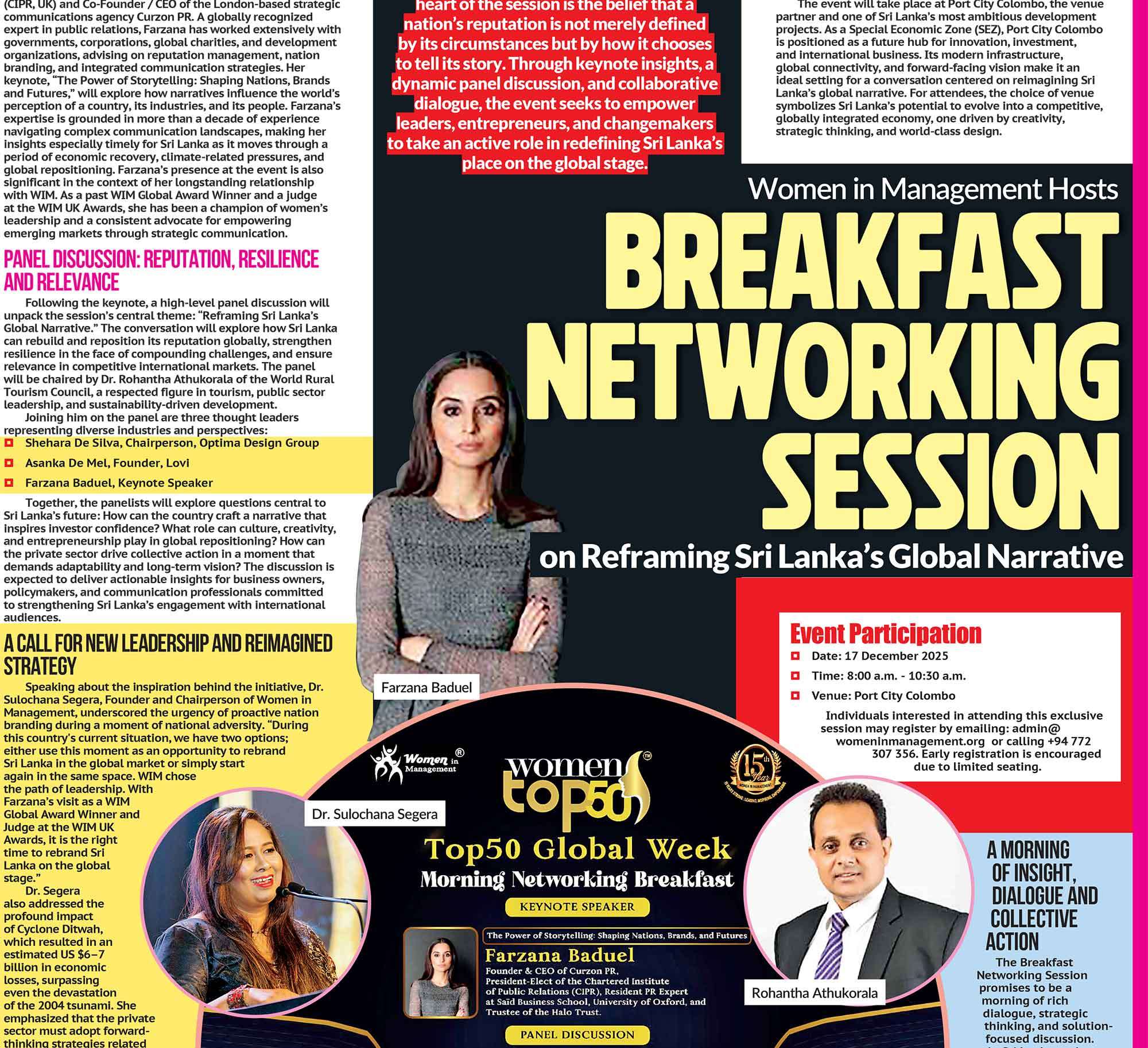
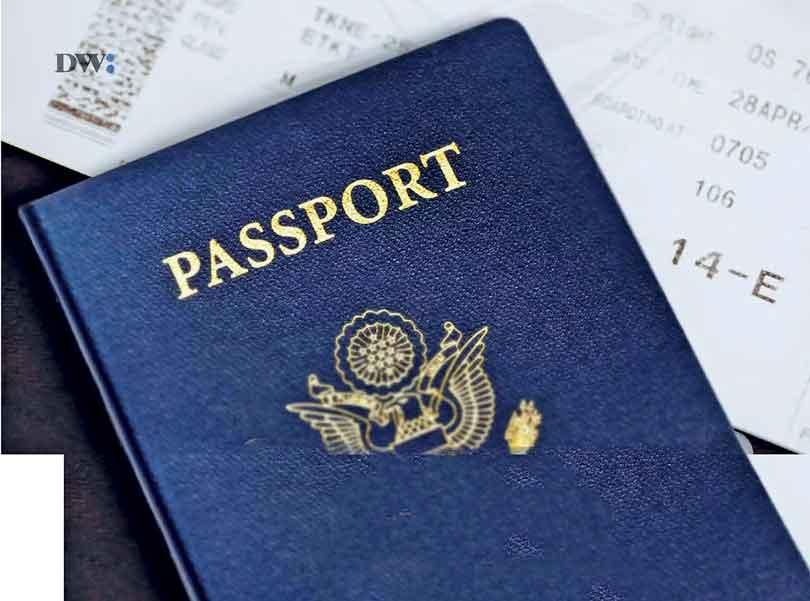
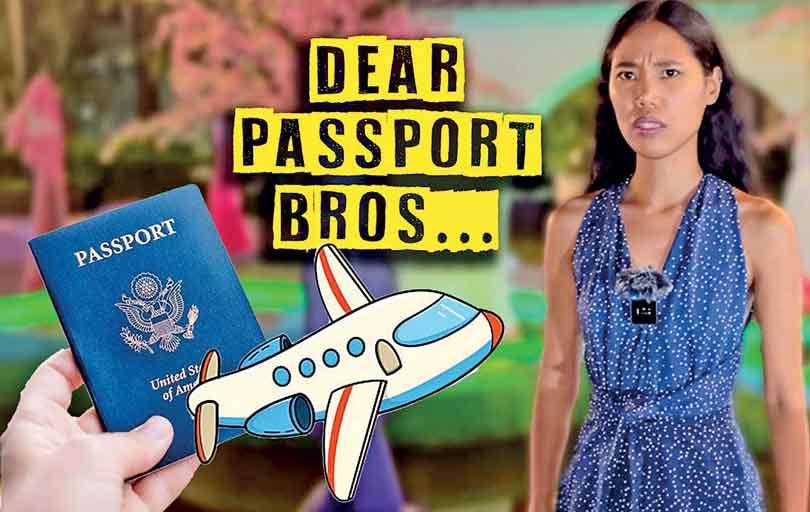

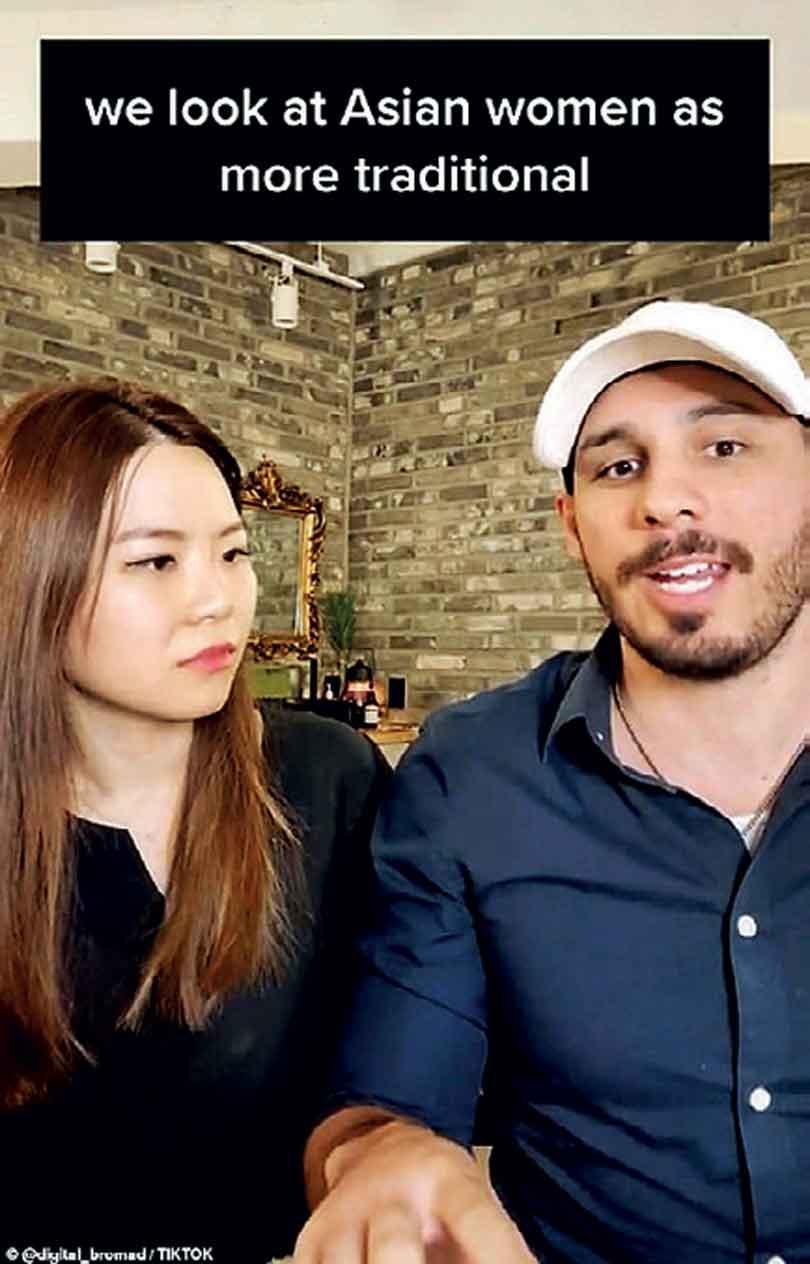
Over the past few years, the term “Passport Bros” has evolved from a niche internet meme into a full-blown global discourse about gender, dating, and power. It refers primarily to men, mostly from Western countries, who travel abroad in search of what they describe as “better,” “more traditional,” or “more feminine” women. Nowhere is this phenomenon more visible than in East and Southeast Asia, where many of these men claim to have “escaped” the supposedly hostile dating markets of the West. Behind the travel vlogs, romantic montages, and culture-shock stories lies a darker undercurrent: a digital movement born from disillusionment, entitlement, and the growing influence of the Manosphere, an online ecosystem that includes everything from dating coaches and “alpha male” influencers to misogynistic incel (involuntarily celibate) subcultures. While not every man traveling abroad for love fits this description, the “Passport Bro” narrative is increasingly shaped by these ideologies. For many in Asia, it has become both a romantic fantasy and a moral dilemma: when global dating collides with unequal power, who really benefits?
The Origins: From Disappointment to Displacement
The “Passport Bro” movement took shape in reaction to Western gender politics. On platforms like YouTube, TikTok, and Reddit, disaffected men began comparing notes about their frustrations with dating in the United States, the UK, and parts of Europe. They cited feminism, career-oriented women, and “unrealistic standards” as reasons why, as they put it, “modern women are no longer wife material.” Within these spaces, the idea of “going abroad for love” became not just personal choice but rebellion, a way to reclaim masculinity, power, and validation. Asia, with its mix of hospitality, cultural emphasis on relationships, and economic contrasts, became the preferred destination. Yet beneath the travel freedom lies an implicit admission: many of these men are not finding love at home because they are not good enough partners by their own societies’ standards. Whether due to social awkwardness, misogyny, financial instability, or poor emotional intelligence, these individuals often struggle with women in their own cultures, and instead of self-reflection, they blame women. The “solution” they find online is to look elsewhere to regions where they assume women are “less demanding” or “more grateful.”
The Manosphere and the Myth of “Traditional Femininity”
The Manosphere, a loose network of online spaces including forums like The Red Pill, 4chan, and influencer-led YouTube channels, fuels the idea that the modern Western man has been “oppressed” by feminism. The narrative paints Western women as entitled, hypergamous (only dating “high value” men), and disrespectful toward “average guys.” Into this void step the “Passport Bro” archetype, the man who declares, “If Western women don’t want me, I’ll go find an Asian woman who does.” This rhetoric reduces women to national stereotypes: Asian women are described as obedient, loyal, feminine, and family-oriented; Western women as loud, independent, and unsubmissive. These tropes are not new, they echo colonial-era fantasies about the East as soft, sensual, and compliant, but social media has given them viral life.
By portraying Asian women as antidotes to feminism, Passport Bro influencers effectively commodify cultures and relationships, turning them into ideological products. It’s a movement that doesn’t celebrate intercultural romance; it weaponizes it.
“Incel Tourism”: When Rejection Goes Global
Among the darker strains of this movement are those emerging from incel communities, men who describe themselves as “involuntarily celibate” and see dating as a rigged market where women unfairly favour only attractive or wealthy men. Many such men treat Asia not as a place of mutual affection, but as a sexual or emotional refuge. They believe that, because of economic and cultural inequalities, they can finally access the admiration and validation denied to them at home. The problem, however, is that displacement doesn’t erase dysfunction. Men who are emotionally unskilled, controlling, or misogynistic in London or Los Angeles don’t transform into ideal partners in Bangkok or Manila. What changes is the power dynamic, language barriers, financial disparity, and visa dependency can make local women more vulnerable. There are increasing reports across Asia, especially in Thailand, the Philippines, and Vietnam, of local women being misled by foreign men who promise marriage or stability but vanish once they leave the country. Others are lured by influencers’ promises of Western-style comfort, only to discover the men are broke digital nomads living off minimal incomes, romanticizing poverty as “freedom.”
The Cultural Gap: Stereotypes on Both Sides
The Asia these men imagine is often a fantasy. They arrive expecting docility and devotion, only to find women who are educated, assertive, and financially independent. The disillusionment cuts both ways: local women, initially intrigued by foreign charm, sometimes discover that their Western partners harbour condescending or fetishistic views about Asian femininity. In cities like Bangkok, Ho Chi Minh City, and Manila, dating apps are saturated with cross-cultural matches. But while many couples form sincere bonds, others reveal a transactional undercurrent, some men treat dating as a form of “romance tourism”, while others play saviour, projecting themselves as rescuers of women from “poor or patriarchal” societies. The power imbalance here is complex. Foreign men often hold stronger passports, higher earning potential, and greater mobility. That structural privilege makes it easy to disappear, ghost, or emotionally manipulate without accountability. For the women, the stakes can be high; social stigma, financial strain, or even visa dependency.
National Reactions: Between Hospitality and Backlash
Local sentiment across Asia is divided. Some communities are open-minded, viewing these relationships as modern expressions of globalization. Others are increasingly sceptical. Online debates in Thailand and the Philippines often centre on whether foreign men exploit local women emotionally and financially. In South Korea and Japan, where gender politics are already contentious, the “foreign male-local female” dynamic triggers nationalist anxieties about cultural dilution and exploitation. Meanwhile, some women’s advocacy groups have raised concerns about grooming and emotional manipulation of young women by much older foreign men posing as romantic partners. Governments, too, have begun to notice. Certain Southeast Asian nations have tightened visa regulations or cracked down on marriage broker agencies that connect Western men with local women. The goal is to prevent exploitation, though enforcement remains uneven.
Digital Influence: Algorithms of Desire
The internet has amplified the Passport Bro ideology through algorithmic reinforcement. Men who click on a few videos about dating abroad are quickly pushed toward more extreme content, clips mocking Western women, romanticizing Asian submission, and preaching “escape” as empowerment. YouTube and TikTok are filled with self-styled dating gurus showcasing “how easy it is” to find love in Asia. These creators often film local women without consent, translating interactions into sexualized captions or demeaning commentary. At its worst, this becomes digital colonialism; using the bodies and emotions of Asian women as clickbait for Western male audiences hungry for validation.
The Economic Illusion
One driver of the Passport Bro migration is economic self-delusion. Many men arriving from the West believes their currency and status will automatically make them desirable. While cost-of-living differences may initially boost their confidence, they often ignore that local women increasingly have their own careers, education, and ambitions. In major cities like Bangkok, Manila, Seoul, and Tokyo, women are highly educated and often earn comparably. The narrative of “traditional women seeking Western providers” is largely outdated, except in the minds of those who need it to feel superior. The result? Frustration. Some men, unable to handle rejection even abroad, retreat deeper into resentment, creating echo chambers that fuel more misogyny and misinformation. The cycle continues: failure, blame, escape, repeat.
When Romance Becomes Exploitation
The ethical fault lines of the Passport Bro movement lie in misrepresentation. Many men present themselves as long-term partners, only to engage in short-term flings. They invoke love, but their actions mirror exploitation.
Common patterns include:
- False promises of marriage or visas to gain intimacy.
- Emotional manipulation, playing on economic vulnerability.
- Using relationships for online content, violating privacy.
- “Ghosting” after returning home, leaving women heartbroken or socially stigmatized.
For local women, especially in more conservative or rural societies, the reputational cost can be devastating. Some are ostracized by families or trapped in financial uncertainty after investing emotionally and materially in the relationship.
Reclaiming Authentic Cross-Cultural Relationships
It’s crucial to note that not all foreign–Asian relationships are exploitative. Many couples genuinely bridge cultures, build families, and live with respect and love. The danger lies not in intercultural dating itself, but in the ideologies that frame it.
Healthy relationships are built on:
- Mutual consent and honesty, not manipulation.
- Cultural curiosity, not fetishization.
- Accountability, not escapism.
- Emotional maturity, not masculine domination.
When these principles guide interaction, cross-cultural love can be enriching and transformative. But when distorted by the Manosphere’s contempt for women, it becomes just another export of misogyny dressed up as adventure.
What Asia Teaches the West, and Vice Versa
Interestingly, the Passport Bro movement reveals more about Western male insecurity than it does about Asian women. The men who flee Europe or the US because they “can’t find good women” are often those unwilling to evolve. They don’t want partners; they want validation. Ironically, the very qualities they claim to despise in Western women, independence, confidence, assertiveness, are rising across Asia, too. Women in Manila, Bangkok, and Seoul are not waiting for foreign saviours. They are pursuing education, careers, and agency. The men who can’t adapt at home will soon find themselves out of step abroad as well.
The Road Ahead: Toward Responsibility
The Passport Bro trend sits at the intersection of globalization, gender politics, and digital influence. It’s a cautionary tale about how modern loneliness and entitlement can mutate into exploitation when unexamined. Governments, platforms, and educators have roles to play, through visa oversight, digital ethics training, and awareness campaigns that protect local communities. But the larger change must come from within: men need to confront why they feel unworthy, unloved, or excluded, and resist turning other cultures into coping mechanisms. Ultimately, a passport cannot fix what’s broken inside. Crossing oceans may offer novelty, but not maturity. True love doesn’t require leaving your continent, it requires leaving your ego behind.

